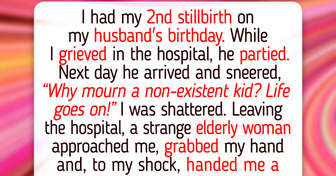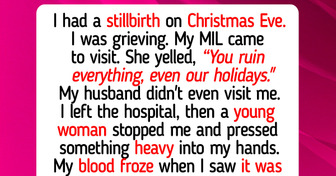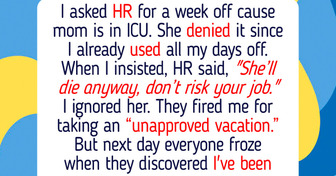15+ Times an Unexpected Guest Turned an Ordinary Day Into a Scene Straight Out of a Movie

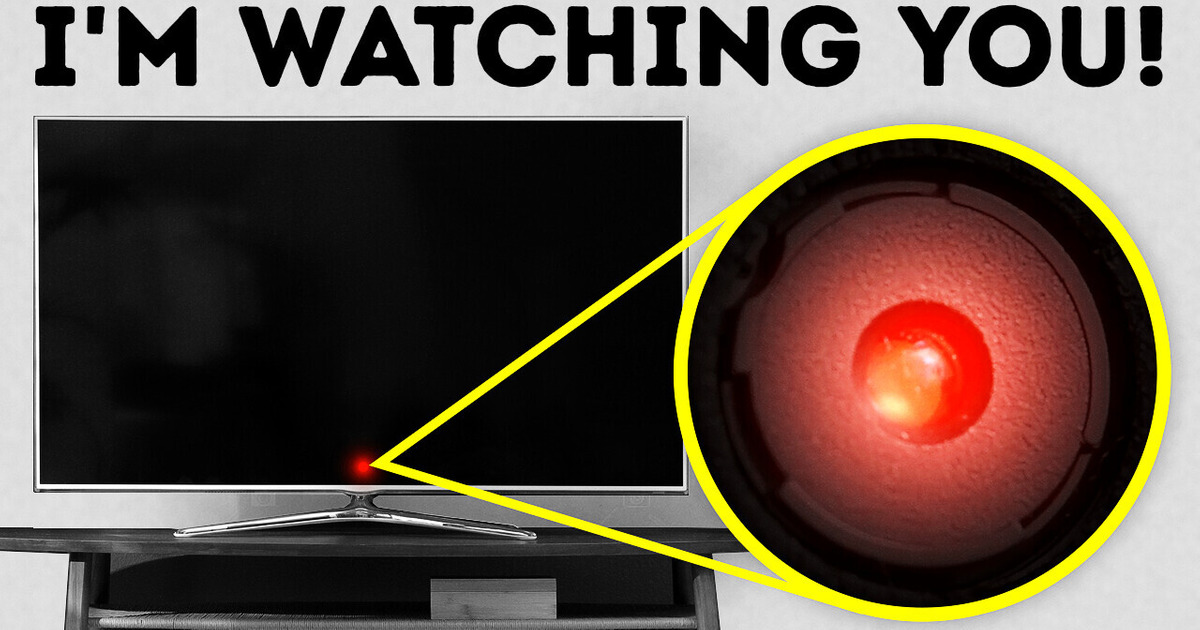
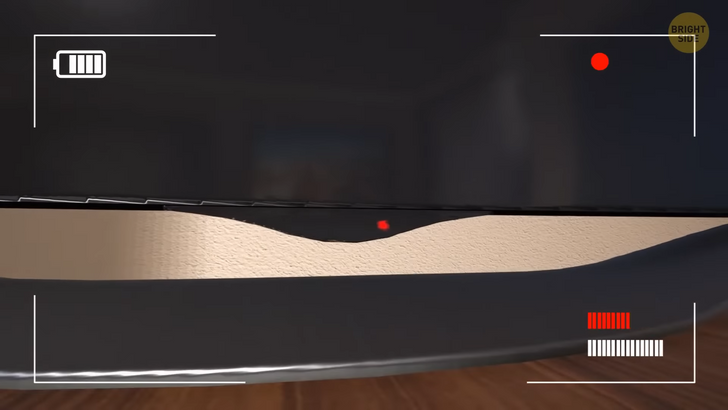
Well, hidden cameras come in all shapes and sizes. Large ones are easy to spot, but the small ones can be really sneaky and inconspicuous. They can be hiding behind furniture, in decorations or vents, and anywhere else you’ll have trouble noticing. There are even special cameras that can be hidden in everyday moveable objects like alarm clocks, picture frames, vases, and lamps. Check to see if these objects are facing at a strange angle or if they’re positioned to get the best view of your bed or bathroom.
The easiest way to spot a hidden cam is to look for the lens reflection because all cameras come with lenses. Turn off the lights and slowly scan the room with a flashlight, laser pointer, or a special wireless spy cam detector. It comes with infrared scanning lights and one illuminating light. When you find a reflective red spot, you gotta turn on the flashlight to help check if there is a hidden camera. Definitely check the vents along with any other holes and gaps in the walls or ceiling.
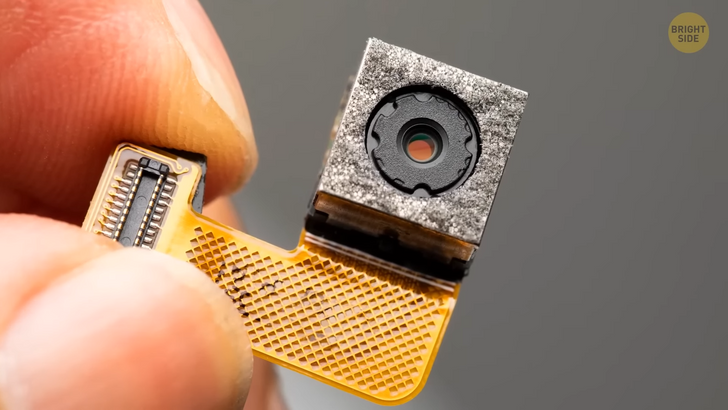
Some advanced detectors even show you what the camera is seeing, making it way easier to spot and disable. The detectors only work on cameras that are turned on and working normally, though. Your mobile phone can also help you find some hidden threats. Turn on Bluetooth and walk around. See if any unknown devices pop up on the screen.
Another idea is to install a network scanner app that shows all devices that are connected to the Wi-Fi network you’re using at the hotel. When it’s done scanning, study the list for devices called something like IP Camera or cam. Plus, you can put your phone on selfie mode, turn off the light and close the curtains, and look around the room slowly while focusing on the screen. Keep an eye out for purple or white lights on the screen.
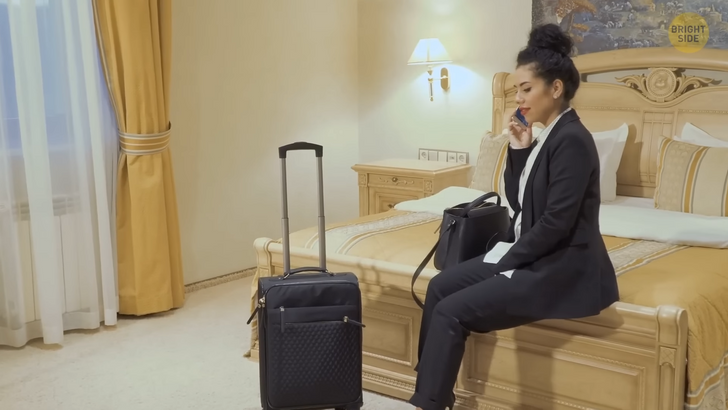
You can play detective some more and call your friend or family member and start walking around your room. Secret cameras should emit a sort of radiofrequency. It will most likely interfere with your phone call signal. If you start hearing any weird noises while you’re on the phone in a certain area of your room, make sure to inspect it carefully. Check out the light switches, electrical outlets, lamps, and other objects you normally wouldn’t pay attention to. If they look a bit crooked, have a hole, or seem misplaced, it could be a sign that someone tampered with them.
Many spy devices need wires, and whoever installed them had to hide those wires, often behind the vinyl baseboard. That’s why that place where the floor and wall meet is another area you should check. Ridges, bumps, or discoloration could be a sign there’s a microphone hiding there. The same goes for spots on ceilings and walls, even if they’re not larger than a coin. If you do find a hidden camera or something looking suspicious, don’t shy away and let the hotel administration or your booking service know about it. Don’t try to touch or move the device yourself. If the hotel denies everything, contact local law enforcement.
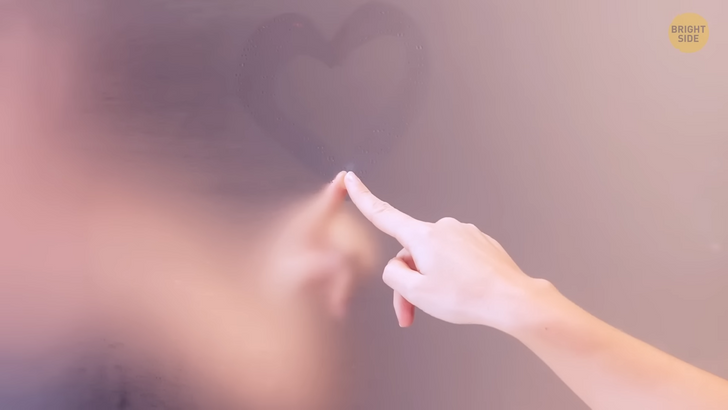
After you’ve scanned the room for cameras, check out the mirrors. Someone could be watching you from the other side. First, see if the mirror is built into the wall or can be adjusted. If the mirror is semi-transparent, it will be built into the wall. You can do a simple test to check the mirror. Press your fingertip against the glass and push firmly enough to leave a fingerprint as you move your finger away. Study the fingerprint. If there is a small gap between the print and the mirror where the glass should be, then it’s just a mirror. On a semi-transparent mirror, there will be no gap.
Another way to check if your mirror is semi-transparent is simply to tap the glass. If someone is watching you from the other side, the mirror will make an empty sound. A double mirror needs a brighter light on the other side than on yours. Get close to it and cup your hands around your eyes. Do you see some light behind the mirror? If so, you might have some unwanted audience.
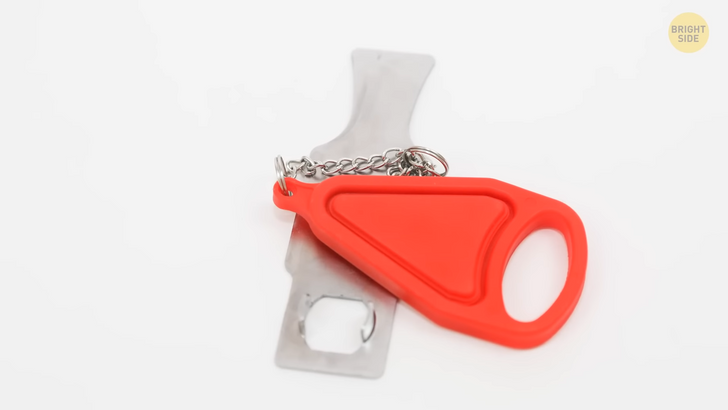
Before you leave your room or go to bed, make sure every door is securely locked. By every door, I mean not only the entrance to the room but also the door leading to the terrace, if you have one. You can bring a portable door lock with you for extra security if you’re staying in. You could also start a little DIY project and wrap a belt or a bag strap around the arm that pushes the door shut. Buckle it up and wrap it around several times for an extra layer of protection.
Another idea for when you’re about to nap or go to sleep is to build a pyramid of stuff by the door. Glasses and mugs will do perfectly well. If someone tries to get inside while you’re sleeping, there’ll be some serious noise. Intruders prefer to keep it low-key, so they’re highly likely to give up on robbing you straight away. If you travel with some valuables and don’t feel comfortable leaving them around the room, you could put them in the safe inside your room. But because those safes use passcodes instead of physical locks, someone from the hotel has to know the master code to unlock it, just in case.
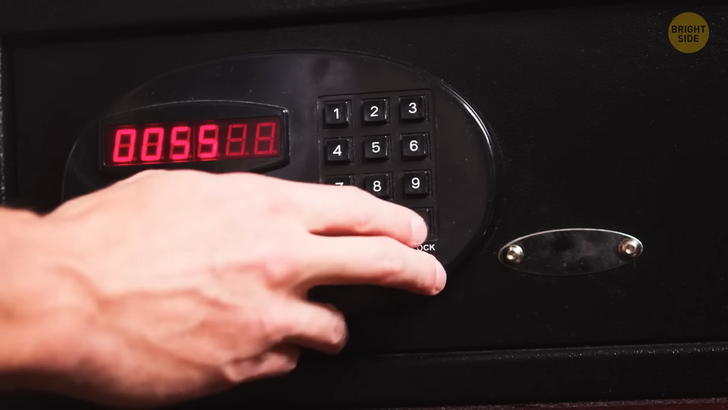
So, you can bring your own safe with you instead. You can find the ones looking like books on Amazon, for example. They’re made of strong metal and textured paper. They come with a combination lock and have enough room to fit your passports, cash, and jewelry.
In case you have to leave your laptop in the room and want to make sure no one plugs in a USB drive to steal your data, here’s what you can do. Leave a bottle of water or some other item next to the USB port. Measure the distance — let’s say it’s one thumb length away. For someone to plug in their device in the laptop, they’d need to move the bottle. You can take it one step further and drop a pen parallel to the laptop under a certain angle. You can measure the angle with your smartwatch or phone using the compass app. Again, if someone moves it, you will know.
Even something as simple as a “Please Do Not Disturb” sign can help you figure out if someone entered your room while you were away. Make it look like you left in a rush and the sign accidentally stuck between the door and the door frame.
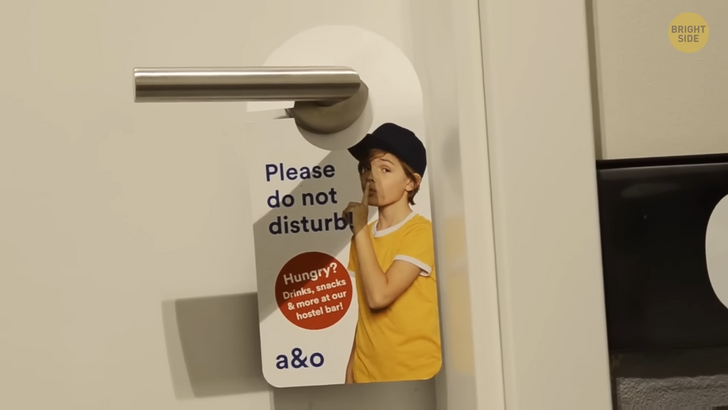
If you come back, and the sign is hanging freely, then someone must have ignored it and tried to disturb you. In that case, you can contact reception and ask to send someone to enter the room with you to keep you safe.
If you care about the cleanliness of your room as much as you do about your belongings and your personal safety, this one’s for you. Hotel housekeeping workers normally have up to 20 rooms to take care of on an eight-hour shift. It means they’ll have no more than 30 minutes for your room. It gives them enough time to make the bed, clean the floors in the room and the bathroom, empty the trash bins, and dust all surfaces. But they rarely have the time to take care of smaller objects like light switches, door and drawer handles, and remotes. And yes, these are exactly the objects you’ll be in contact with the most. They can actually have more germs than the toilet. So, if you want to be sure those germs won’t land on your hands, bring enough antibacterial wipes to clean all those things before you touch them.








